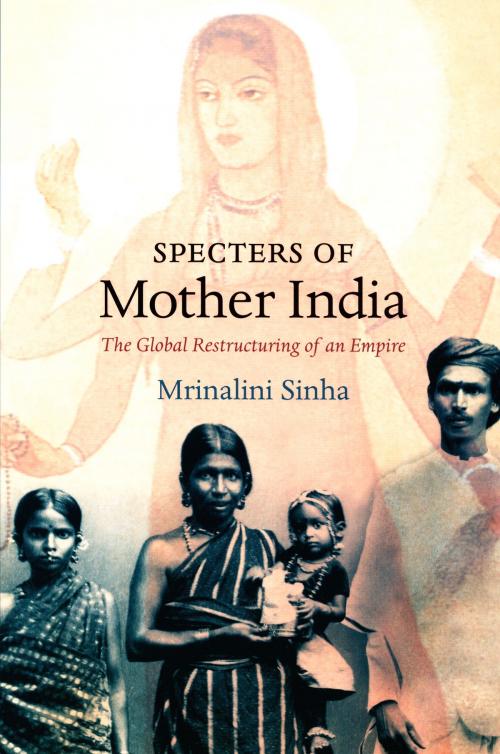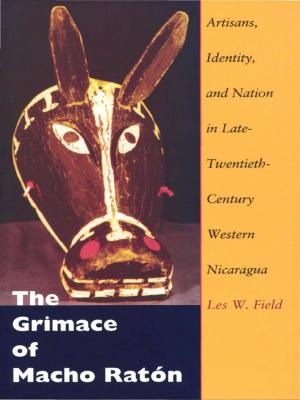Specters of Mother India
The Global Restructuring of an Empire
Nonfiction, History, Asian, India, Fiction & Literature, Literary Theory & Criticism, Books & Reading, World History| Author: | Mrinalini Sinha, Daniel J. Walkowitz | ISBN: | 9780822387978 |
| Publisher: | Duke University Press | Publication: | July 12, 2006 |
| Imprint: | Duke University Press Books | Language: | English |
| Author: | Mrinalini Sinha, Daniel J. Walkowitz |
| ISBN: | 9780822387978 |
| Publisher: | Duke University Press |
| Publication: | July 12, 2006 |
| Imprint: | Duke University Press Books |
| Language: | English |
Specters of Mother India tells the complex story of one episode that became the tipping point for an important historical transformation. The event at the center of the book is the massive international controversy that followed the 1927 publication of Mother India, an exposé written by the American journalist Katherine Mayo. Mother India provided graphic details of a variety of social ills in India, especially those related to the status of women and to the particular plight of the country’s child wives. According to Mayo, the roots of the social problems she chronicled lay in an irredeemable Hindu culture that rendered India unfit for political self-government. Mother India was reprinted many times in the United States, Great Britain, and India; it was translated into more than a dozen languages; and it was reviewed in virtually every major publication on five continents.
Sinha provides a rich historical narrative of the controversy surrounding Mother India, from the book’s publication through the passage in India of the Child Marriage Restraint Act in the closing months of 1929. She traces the unexpected trajectory of the controversy as critics acknowledged many of the book’s facts only to overturn its central premise. Where Mayo located blame for India’s social backwardness within the beliefs and practices of Hinduism, the critics laid it at the feet of the colonial state, which they charged with impeding necessary social reforms. As Sinha shows, the controversy became a catalyst for some far-reaching changes, including a reconfiguration of the relationship between the political and social spheres in colonial India and the coalescence of a collective identity for women.
Specters of Mother India tells the complex story of one episode that became the tipping point for an important historical transformation. The event at the center of the book is the massive international controversy that followed the 1927 publication of Mother India, an exposé written by the American journalist Katherine Mayo. Mother India provided graphic details of a variety of social ills in India, especially those related to the status of women and to the particular plight of the country’s child wives. According to Mayo, the roots of the social problems she chronicled lay in an irredeemable Hindu culture that rendered India unfit for political self-government. Mother India was reprinted many times in the United States, Great Britain, and India; it was translated into more than a dozen languages; and it was reviewed in virtually every major publication on five continents.
Sinha provides a rich historical narrative of the controversy surrounding Mother India, from the book’s publication through the passage in India of the Child Marriage Restraint Act in the closing months of 1929. She traces the unexpected trajectory of the controversy as critics acknowledged many of the book’s facts only to overturn its central premise. Where Mayo located blame for India’s social backwardness within the beliefs and practices of Hinduism, the critics laid it at the feet of the colonial state, which they charged with impeding necessary social reforms. As Sinha shows, the controversy became a catalyst for some far-reaching changes, including a reconfiguration of the relationship between the political and social spheres in colonial India and the coalescence of a collective identity for women.















